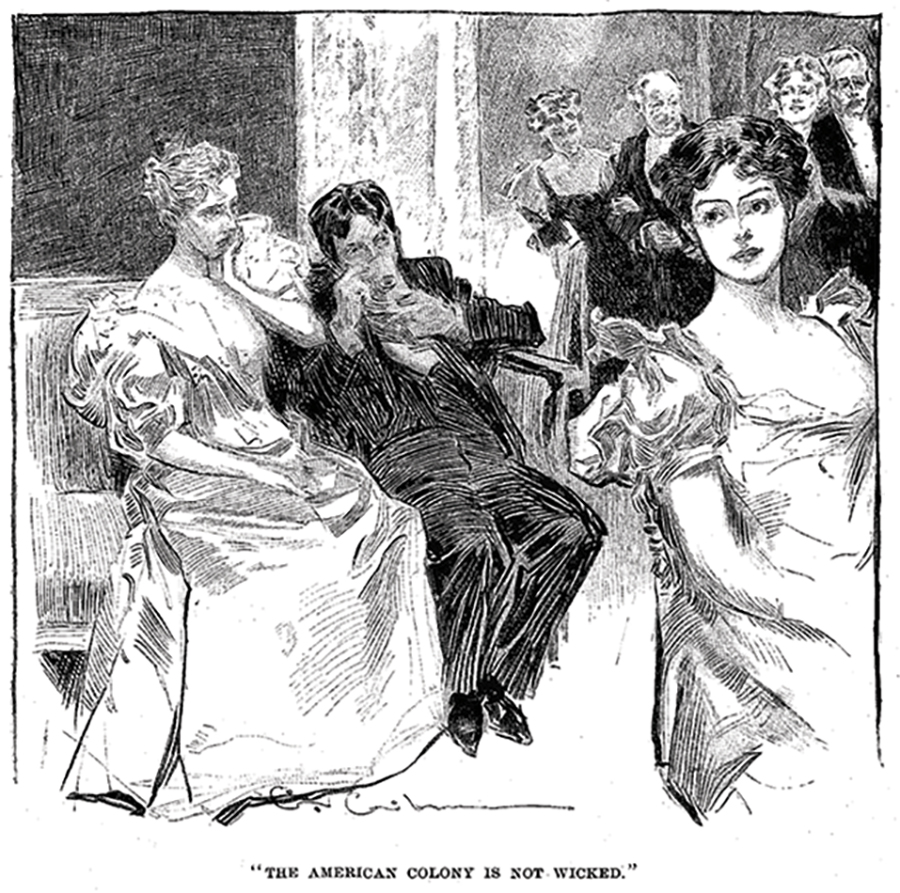It is often said that our Constitution is alive. As the Supreme Court reinterprets the law in different eras, our rights both grow and diminish—sometimes with glacial slowness, sometimes with breathtaking speed. In the past few years we have seen the full-blown emergence of a new constitutional right of enormous importance—an intensely personal right that may benefit many of us far more than our political freedoms of speech, press, and assembly. Though often called the right to privacy, it is better described with a phrase used by the Supreme Court in 1866, when it ruled that we all have a right to be safe from governmental intrusions into “the privacies of life.”
For the new right does not have to do with solitude as such, but with the freedom to be oneself—to make independent decisions about how one wishes to use one’s mind and body. In last year’s abortion decision, the Court solidified the new right by trying to give it both some limits and some general theoretical underpinning. If the hallmark of the new right is the right to fulfill one’s “intellectual and emotional needs,” then it appears logical to reexamine laws forbidding everything from drunkenness and gambling to marijuana smoking, heroin use, and suicide. Privacy claims have been made against these as well as against dress and hair codes for schoolchildren and laws requiring motorcyclists to wear helmets; claims may one day be expected over the right to use a car without a seat belt. Which of these activities are within the constitutionally protected zones of privacy and which are not?
The protected privacies of life under the Court’s present approach come down to the justices’ notions about the “fundamentalness” of private activity. Justices are not chosen primarily for their ability as philosophers. In emerging areas, like it or not, the Court’s creative process consists mostly of commonsense reactions to interesting situations. Its reasons are often glaringly inadequate, even contradictory. Many are after-the-fact justifications. In view of the Court’s explanations to date (or rather its general lack of explanations) of what makes one private choice fundamental and another not, one is tempted to conclude that the justices simply deem fundamental those activities that have been part of their own pursuit of happiness—or that they can more or less readily imagine as being so.
 If the Constitution is going to protect areas of private choice for private reasons, we cannot judge the fundamentalness of certain choices through their external appearance. The right to enjoy sex in marriage cannot be more fundamental than the right to enjoy sex outside of marriage, because that would only reflect a choice that marriage is a better state than non-marriage, and that is precisely the decision which a right of privacy must leave to the individual, if marriage is indeed a private matter. Heterosexuality can’t be more fundamental than homosexuality. Nor can the right to spend one’s time reading be more fundamental than the right to use drugs.
If the Constitution is going to protect areas of private choice for private reasons, we cannot judge the fundamentalness of certain choices through their external appearance. The right to enjoy sex in marriage cannot be more fundamental than the right to enjoy sex outside of marriage, because that would only reflect a choice that marriage is a better state than non-marriage, and that is precisely the decision which a right of privacy must leave to the individual, if marriage is indeed a private matter. Heterosexuality can’t be more fundamental than homosexuality. Nor can the right to spend one’s time reading be more fundamental than the right to use drugs.
If it ever becomes necessary to rank private activities according to their fundamentalness, the test should not be tradition, or whether the activity is “sacred,” but the extent to which the activity is important to the actor, the extent to which his chosen style of life—his pursuit of happiness—depends on it. This seems to me to be closer to the spirit of privacy than the Court’s largely unexplained categorization of such rights and interests as “fundamental” and “compelling.” Even if the Court goes no further, it will have contributed mightily to American life by setting loose the idea that, whatever the specifics of the Bill of Rights, the concept of liberty includes the right to a range of personal choices which are none of the government’s business. The Framers may not have intended it that way—and someday we may find that it need not be that way—but these days the Court is, more than any other institution, the source of the basic postulates of our communal life. In doing this the Court has performed one of its vital functions—vastly more important than its ability to write neat opinions pleasing to law professors.
From “Privacies of Life,” which appeared in the April 1974 issue of Harper’s Magazine.






















































































